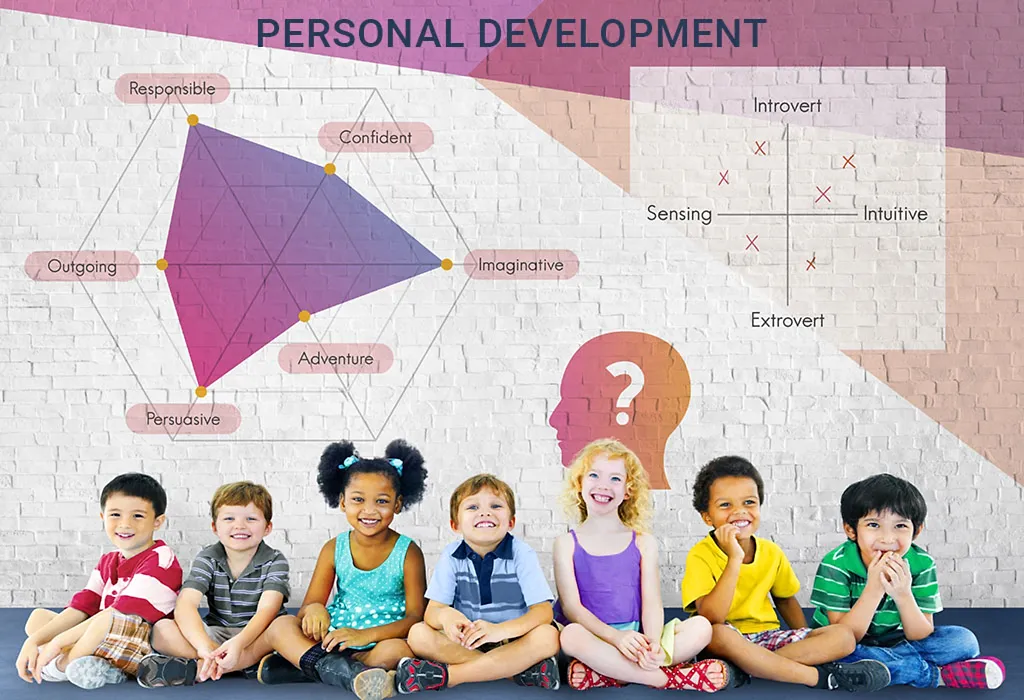Introduction
In the intricate tapestry of parenting and education, fostering the optimal growth of children is a shared responsibility. This article embarks on a journey through the crucial aspects of children’s development, exploring how a holistic approach can shape their physical, emotional, and intellectual well-being.
The Foundation: Early Childhood Development
1. Nutrition and Well-being
The cornerstone of a child’s growth is laid with proper nutrition. A well-balanced diet not only fuels physical development but also nurtures cognitive functions and overall well-being. Parents and caregivers play a pivotal role in ensuring that children receive tailored nutrition that evolves with their changing needs.
2. Physical Activity and Motor Skills
Moving beyond play, physical activity is fundamental for developing essential motor skills, coordination, and instilling a positive attitude toward a healthy lifestyle. Engaging in age-appropriate exercises contributes to the development of strong muscles, bones, and a positive body image.
Nurturing Emotional Intelligence
3. Creating a Supportive Environment
Children thrive in environments that provide emotional security. Establishing a supportive atmosphere at home and in educational settings is crucial for cultivating emotional intelligence, empathy, and effective communication skills – key elements for building meaningful relationships.
4. Encouraging Creativity and Expression
Each child is a unique individual with a distinct set of talents. Encouraging creativity and self-expression through arts, music, and imaginative play fosters confidence and a sense of identity. These activities are vital contributors to a child’s emotional well-being.
Cognitive Growth and Intellectual Stimulation
5. Stimulating Curiosity through Learning
Curiosity is the spark that fuels a lifelong love of learning. Providing avenues for exploration and learning, such as educational games, books, and interactive activities, satisfies a child’s curiosity and lays the groundwork for critical thinking skills essential for navigating the complexities of the world.
6. Technology as an Educational Tool
In the digital age, responsible use of technology can be a powerful tool for intellectual stimulation. Integrating educational apps, interactive learning platforms, and age-appropriate digital content can enhance a child’s understanding of the world, sharpening problem-solving skills for future challenges.
Conclusion
In conclusion, the journey of raising well-rounded children requires a comprehensive approach that addresses their physical, emotional, and intellectual needs. The collaborative efforts of parents, caregivers, and educators create an environment that not only nurtures growth but unlocks the full potential of the next generation.






More Stories
Unlocking the Potential: Nurturing Children’s Growth and Development
Nurturing Tomorrow: A Comprehensive Guide to Understanding and Raising Children
Nurturing the Future: A Holistic Approach to Children’s Development